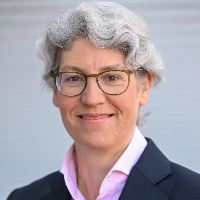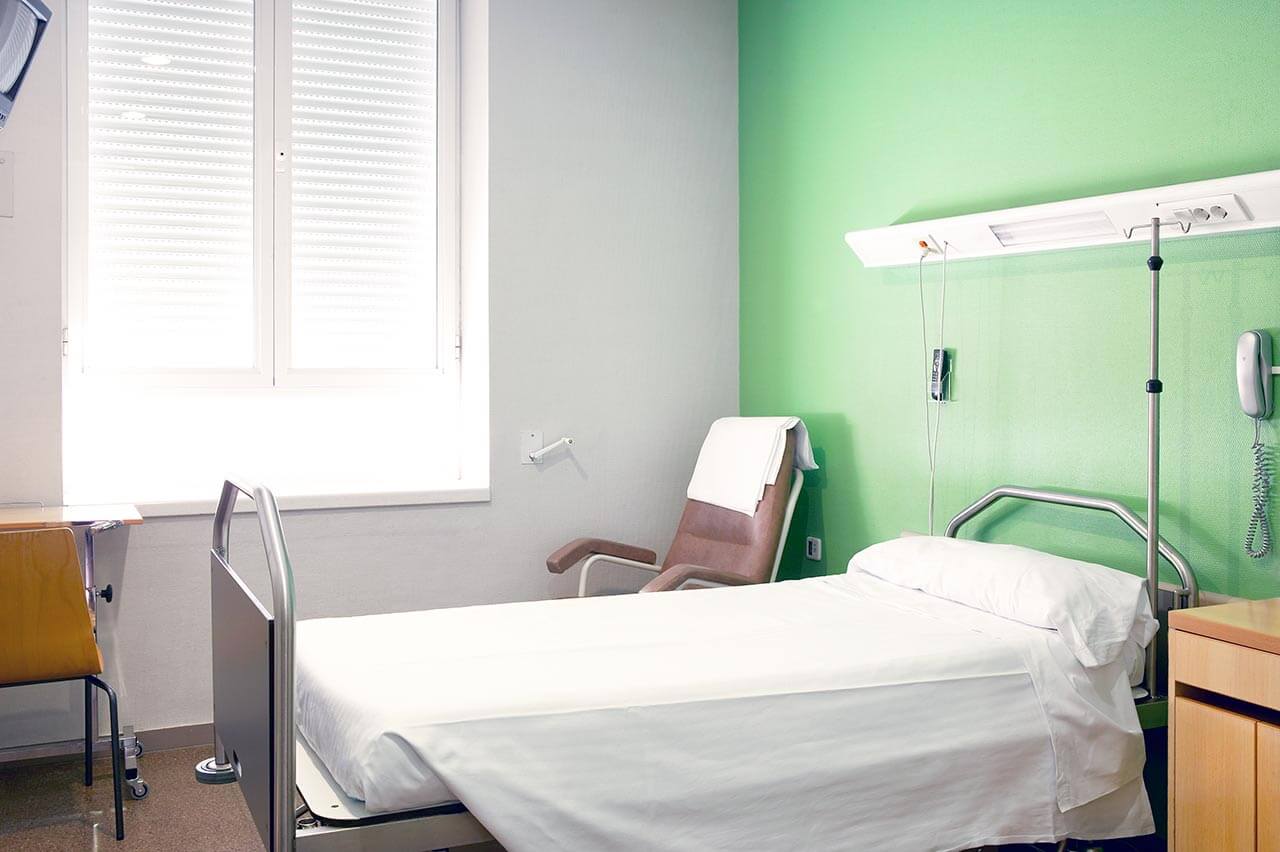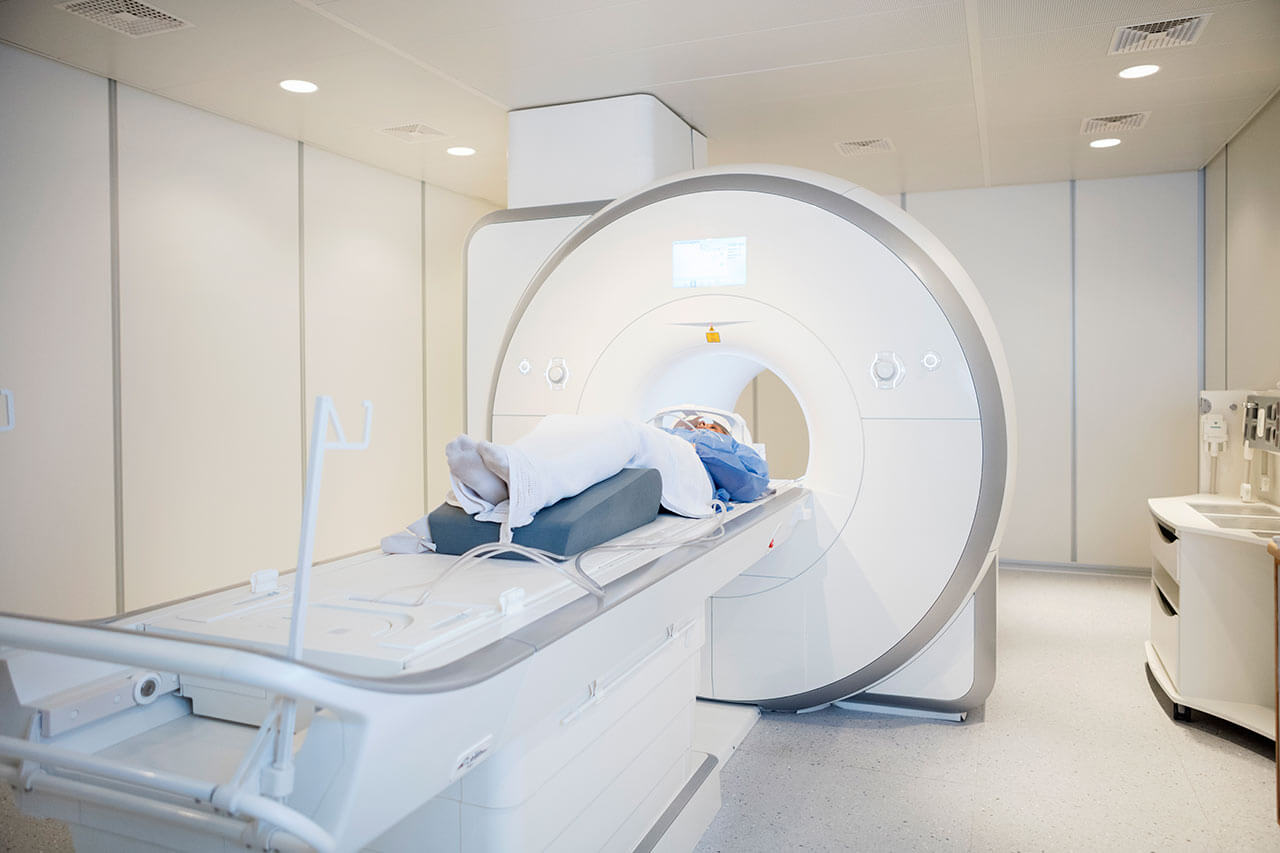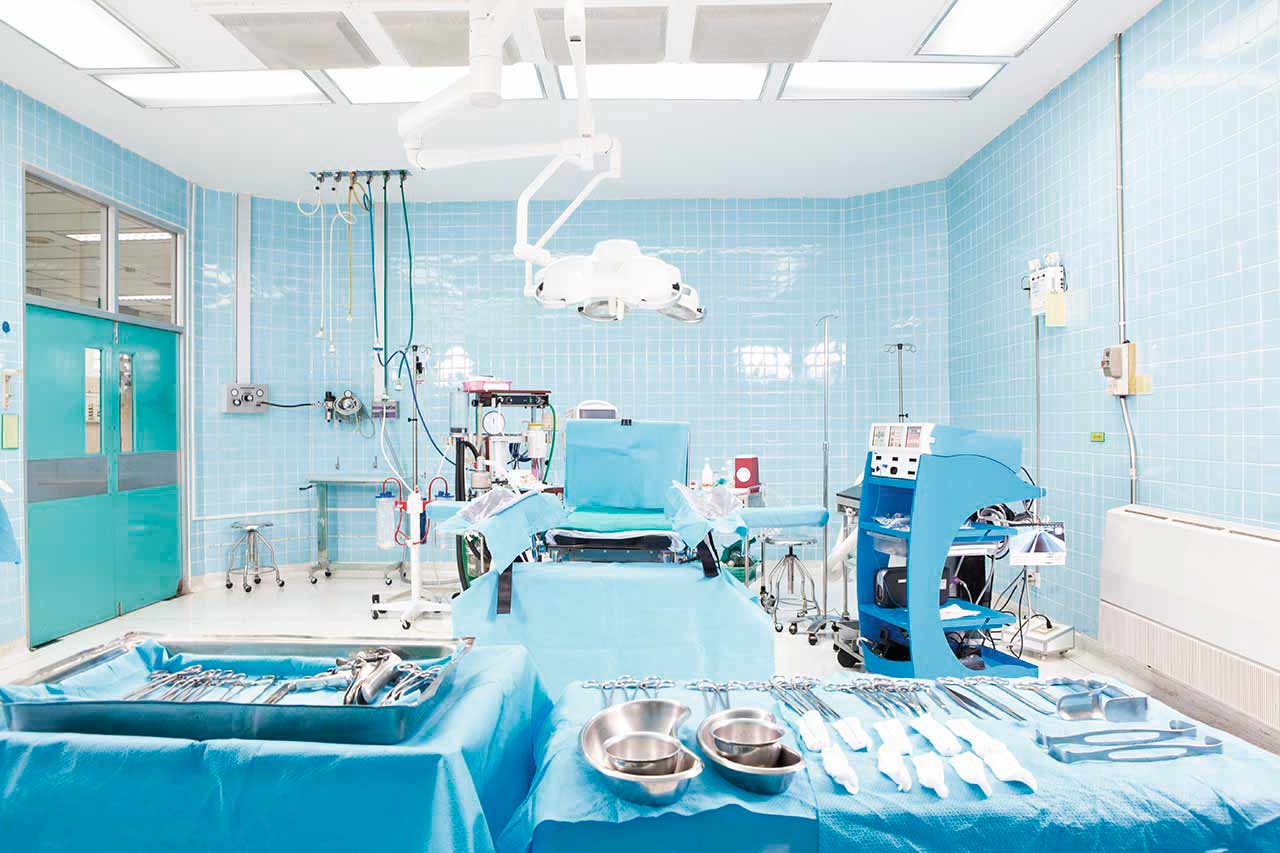
About the Department of Gastroenterology and Hepatology at University Hospital of Ludwig Maximilian University of Munich
The Department of Gastroenterology and Hepatology at the University Hospital of the Ludwig Maximilian University of Munich offers the full range of medical services in the areas of its specialization. The department's doctors carry out the prevention, diagnostics, and treatment of diseases of the gastrointestinal tract, including the liver, gallbladder, biliary tract, esophagus, and pancreas. Diagnostic options include ultrasound scans and functional tests, as well as modern endoscopic procedures that allow for making an accurate diagnosis and prescribing effective therapy. As for the treatment, the department offers patients effective drug therapy and many endoscopic interventions. Based on an independent assessment by Newsweek, an American weekly online news magazine, the department is recognized as one of the best in the world at treating gastroenterological diseases. In addition, the department is certified by the German Cancer Society (DKG) in the treatment of gastrointestinal and liver cancers. The medical facility has a high level of trust among patients, and the number of people wishing to receive medical care here is steadily growing every year. The department is headed by Prof. Dr. med. Julia Mayerle.
The treatment of stomach diseases is one of the primary clinical tasks of the department's doctors. Patients with gastritis, stomach ulcers, and benign and malignant stomach tumors most often receive medical care here. Since the symptoms of the above-mentioned diseases are usually non-specific (for example, pain in the upper abdomen, loss of appetite, and nausea), the department's specialists always take a responsible approach to examining a patient to make an accurate diagnosis. In the case of gastritis and stomach ulcers, symptomatic treatment and diet are most often prescribed. When malignant stomach neoplasms are detected, doctors from related specialties are involved in the therapeutic process, such as oncologists, abdominal surgeons, radiation therapists, and radiologists. The specialists cooperatively consider a clinical case and develop an optimal treatment regimen. Early-stage stomach tumors can often be removed using endoscopic techniques such as mucosectomy, endoscopic submucosal dissection, or argon plasma coagulation. In the advanced stages, a full-fledged operation is performed with the participation of abdominal surgeons.
The department's specialists also successfully treat esophageal diseases. Doctors have all the necessary resources for the effective treatment of gastroesophageal reflux disease, inflammatory processes in the esophagus, esophageal motility disorders, esophageal varicose veins, and esophageal benign and malignant tumors. Gastroesophageal reflux disease is a chronic, recurrent disease caused by the reflux of acidic stomach contents into the esophagus. The department's gastroenterologists study a patient's medical history and perform endoscopic examinations to establish a diagnosis. Some patients additionally require functional diagnostics: 24-hour pH-impedancemetry and esophageal manometry. The treatment tactics for gastroesophageal reflux disease are determined depending on the severity of the pathology. In most cases, drug therapy is sufficient. Endoscopic interventions can be performed to eliminate cicatricial stenosis and Barrett's esophagus (complications of GERD). In complex cases of gastroesophageal reflux disease, patients require surgery, which is performed by abdominal surgeons. The department's doctors also have vast experience in treating esophageal varices, which develop as a result of an impairment of blood outflow into the vena cava system. The disease is dangerous due to the possibility of the development of internal bleeding, which can be fatal, so a patient needs timely treatment. First-line therapy is the intake of individually prescribed drugs. The department's doctors also quite often resort to endoscopic therapy, namely latex ligation.
The competence of the gastroenterologists of the medical facility includes the treatment of chronic inflammatory bowel disease: Crohn's disease and ulcerative colitis. The treatment regimen is developed for each patient on an individual basis, since the pathologies may have a mild course or a patient may experience an acute inflammatory process. In mild cases, patients usually receive drug therapy only during periods of exacerbation. Patients with a severe course require long-term drug therapy (over several years) to achieve control of the disease. The department's specialists also often resort to endoscopic procedures.
An important focus in the department's clinical practice is on treating liver diseases, the most common of which are hepatitis, cirrhosis, alcoholic liver disease, liver lesions due to autoimmune diseases, liver failure, and liver cancer. The department's hepatologists also admit patients with bile duct diseases. In most cases, modern drugs are used to treat liver diseases. Patients with cholelithiasis and bile duct stricture are offered endoscopic treatment, such as mechanical or electrohydraulic lithotripsy, extracorporeal shock wave lithotripsy, bougienage, and balloon dilatation. Inoperable bile duct strictures developing due to cancer are treated by the department's specialists using photodynamic therapy or radiofrequency ablation.
The department specializes in the diagnostics and treatment of the following diseases:
- Gastroenterology
- Stomach diseases
- Gastritis
- Stomach ulcers
- Stomach polyps
- Gastric lipomas
- Gastric leiomyomas
- Gastric cancer, including MALT lymphomas and stromal tumors
- Esophageal diseases
- Gastroesophageal reflux disease (GERD)
- Inflammatory esophageal diseases that are not associated with GERD
- Esophageal motility disorders
- Esophageal varices
- Benign and malignant esophageal tumors
- Pancreatic diseases
- Acute and chronic pancreatitis
- Autoimmune pancreatitis
- Pancreatic cysts
- Pancreatic cancer
- Chronic bowel disease
- Chronic inflammatory bowel disease: Crohn's disease and ulcerative colitis
- Celiac disease
- Short bowel syndrome
- Infectious gastrointestinal diseases
- Stomach diseases
- Hepatology
- Liver diseases
- Cirrhosis
- Portal hypertension
- Acute and chronic viral hepatitis
- Autoimmune hepatitis
- Liver cancer
- Hemochromatosis
- Wilson's disease
- Metabolic liver disease
- Cryptogenic liver disease
- Bile duct diseases
- Gallstone disease
- Jaundice
- Primary sclerosing cholangitis
- Primary biliary cholangitis
- Liver diseases
- Other diseases and pathological conditions
The department's range of medical services includes:
- Diagnostic options
- Functional diagnostics
- Esophageal manometry
- 24 hour pH-metry
- 24 hour pH-impedancemetry
- Small bowel manometry
- 13C-octanoic acid breath test
- C13 urea breath test in the diagnostics of Helicobacter pylori
- Hydrogen breath test (H2 breath test)
- Endoscopic examinations
- Fluorescence-guided examination methods
- Examinations using monochromatic laser radiation
- High resolution video endoscopy with zoom
- Gastroscopy
- Esophagogastroduodenoscopy
- Endoscopic retrograde cholangiopancreatography
- Cholangioscopy
- Proctoscopy
- Rectoscopy
- Colonoscopy
- Ileoscopy
- Capsule endoscopy
- Double-balloon enteroscopy
- Endosonography
- Functional diagnostics
- Therapeutic options
- Drug therapy
- Endoscopic procedures
- Hemostasis procedures
- Hemostasis with fibrin glue
- Clipping
- Argon plasma coagulation
- Latex ligation for varicose veins
- Endoscopic mucosal resection (EMR)
- Endoscopic submucosal dissection (ESD)
- Mucosectomy (resection of the mucous membrane in precancerous conditions)
- Radiofrequency ablation
- Bile duct bougienage, dilatation, plastic surgery, and stent implantation
- Photodynamic therapy for bile duct cancer
- Mechanical and electrohydraulic lithotripsy, and extracorporeal shock wave lithotripsy for gallstone disease
- Percutaneous endoscopic gastrostomy
- Hemostasis procedures
- Other diagnostic and therapeutic options
Curriculum vitae
Higher Education and Professional Career
- 2001 Thesis defense (Dr. med.) with honors (summa cum laude) and admission to medical practice.
- 1994 - 2001 Medical studies in Budapest, Würzburg, and Muenster.
- 2001 - 2003 Clinical Residency, Department of Internal Medicine at the University Hospital Muenster.
- 2003 - 2007 Clinical Residency in Internal Medicine, Department of Gastroenterology, Endocrinology and Nutritional Medicine, University Hospital Greifswald.
- 2007 Associate Professor in the Department of Molecular Gastroenterology at the University of Greifswald.
- 2007 Board certification in Internal Medicine, University of Greifswald.
- 2009 Board certification in Gastroenterology, Lister Scholarship, Glasgow Royal Infirmary, University of Glasgow, UK.
- 2011 Associate Professor (lifelong title) in Internal Medicine and Gastroenterology.
- 2013 Board certification in Gastroenterology.
- 2016 Professor and Head of the Department of Gastroenterology and Hepatology at the University Hospital of Ludwig Maximilian University of Munich.
Awards (selected)
- 2006 Martin Gülzow Award from the German Society for Gastroenterology, Digestive and Metabolic Diseases (DGVS).
- 2006 Sir Hans Krebs Award from the Hannover Medical School.
- 2013 Thannhauser Award from the German Society for Gastroenterology, Digestive and Metabolic Diseases (DGVS).
Memberships in Professional Societies
- 2006 President of the German Pancreatic Club.
- 2012 - 2015 Counselor, European Pancreatic Club, Commission for the Selection of Doctoral Theses.
- 2007 - 2010 German Society for Digestive and Metabolic Diseases (DGVS), Commission for the Selection of Doctoral Theses, Congress Secretary (2017).
- 2010 - 2015 Scientific Committee Member, United European Gastroenterology Federation (UEGF).
- Since 2011 Deputy Editor in Chief of the Pancreatology Journal.
- Since 2013 Advisor to the International Association of Pancreatology.
- American Pancreatic Association.
- Since 2016 Board Member of the European Association for Gastroenterologн, Endoscopн and Nutrition (EAGEN).
Photo of the doctor: (c) LMU Klinikum





